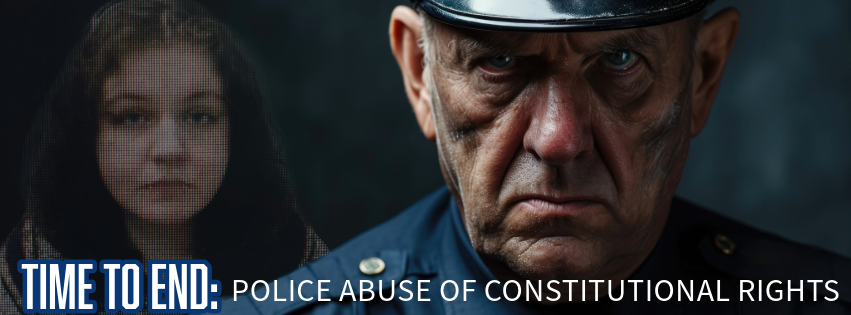Police Callousness in Mental Health Calls
Heroes or Villains? Examining the Deadly Consequences of Police Callousness in Mental Health Calls
In an era where mental health awareness is finally gaining traction, a disturbing reality continues to unfold on our streets. We call upon law enforcement, the supposed protectors of our communities, to respond with compassion and understanding during mental health crises. But what happens when those entrusted with our safety become the very source of trauma?
The Thin Blue Line of Trauma
Recent incidents have exposed a chilling trend of police officers responding with callous indifference and even violence during mental health calls. Families grieving the loss of loved ones, individuals left scarred by traumatic encounters, and communities disillusioned by the actions of those sworn to protect and serve. The stories are heartbreaking, the consequences devastating.
From Crisis to Tragedy: A Pattern of Escalation
Instead of de-escalation and empathy, we see a pattern of police officers resorting to force, escalating situations that could have been resolved peacefully. The results are tragically predictable: lives lost, families torn apart, and a growing mistrust between law enforcement and the communities they are supposed to serve.
When Training Fails, Humanity Suffers
The root of the problem lies in a lack of adequate training and a systemic failure to prioritize mental health within law enforcement. Police officers are ill-equipped to handle the complexities of mental health crises, leading to devastating outcomes. This is not an indictment of all officers, but a call for a radical overhaul of training protocols and a shift in mindset.
The Cost of Inaction: A Community in Crisis
The consequences of police misconduct during mental health calls extend far beyond individual tragedies. They ripple through communities, leaving a trail of trauma and mistrust. We are witnessing a crisis of confidence in law enforcement, a growing divide between those who are sworn to protect and those who are most vulnerable.
A Call for Change: Reimagining Public Safety
It is time for a paradigm shift in how we approach public safety. We must demand accountability, transparency, and a commitment to comprehensive mental health training for all law enforcement officers. We must invest in alternative response models that prioritize de-escalation and crisis intervention. We must reimagine public safety as a collaborative effort that includes mental health professionals, community organizations, and law enforcement working together to protect and serve all members of society.
In Conclusion: A Plea for Compassion and Justice
The callous actions of some police officers during mental health calls are a stain on the badge and a betrayal of the public trust. We cannot allow these tragedies to continue. We must demand better, fight for change, and hold those in power accountable. Let us come together as a community to support those affected by police violence, advocate for justice, and work towards a future where mental health is prioritized, compassion prevails, and everyone feels safe and protected.



